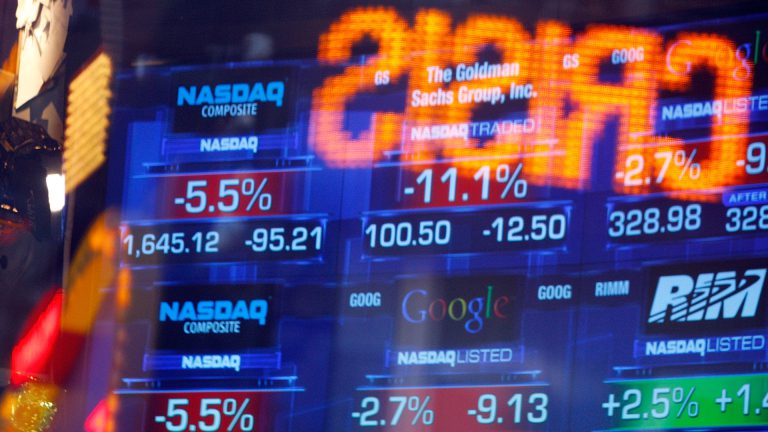At a time when the world is experiencing an unprecedented health and economic crisis, the central banks are already wondering if the next one is coming.
From Washington to Frankfurt, what began months ago as a flurry of anxiety has become a chorus in which officials question whether the risk appetite for multiple asset markets could portend a destabilizing consequence that could thwart a global recovery.
In mid-May, the European Central Bank and the Central Bank of Canada warned of growing threats, reminiscent of what happened during the 2008 financial crisis. Meanwhile, the dramatic fluctuations of bitcoin after a warning about cryptocurrencies from the People’s Bank of China showed how sensitive some markets have become.
Pessimists in the world’s monetary institutions can find bubbles almost anywhere they look, from stocks to real estate, while officials like Federal Reserve Chief Jerome Owell say any threats remain limited.
Central banks have a certain responsibility for the flames of the financial market after huge doses of incentives and liquid injections to support the economy. The resulting volatility is at least in part an effect of euphoria applauding rapid growth, the extent of which can only be assumed – with possible consequences expected to range from a benign boom to an inflationary spiral.
Market speculations have led to high volatility in recent times, including wild increases and declines in bitcoin from the current high of 60,000.
Traditional assets are also struggling, as interest rates on German bonds, for example, are rising to about 50 basis points this year, closing.
The ECB monitors payments from economic inflows, for example from a stock market operation in the United States. Bank of Canada officials are looking for similar day-to-day operations and underpinning the housing market, as expectations are expected to continue.
Three weeks later, the Fed’s political situation turned into a debate on stability, followed by market participants watching “increases” in appetites. In the next report, they predict the “vulnerability” and “tightened assessments”, aggravated by the high corporate debt.
Meanwhile, the banker of the Bank of England, Andrew Bailey, is wondering whether the speculations with the shares and the bitcoin cannot be a “prelude”.
For some time now, the central banks have been facing difficulties. Even in January, the head of the market at the ECB, Isabel Schnabel, told his colleagues that the shares could become vulnerable to “the most common”.
In China, with a more advanced cycle of recovery from the United States, the best banks have managed to get through the fact that it is a “lot of money”.
Some senior central bankers are trying to be restrained in their statements, despite the flashing warning lights. Following Fed’s decision in April, Paul said that “the whole of financial stability is shifted, but balanced and managed.”
“Central banks are desperate to be digital,” said James Atey, an investment manager at Aberdeen Agence Management Company. “It also means that they are holding politics too long for too long.”
The employees of the financial institutions are ready to dare to pay for the incentives, which will take the liberty to suffocate the economic recovery.
Iceland made this week last week, leading the first tightening of policy in Western Europe with an increase in interest rates.
* The article is an analytical agent and is not a tip for the purchase or sale of assets.









